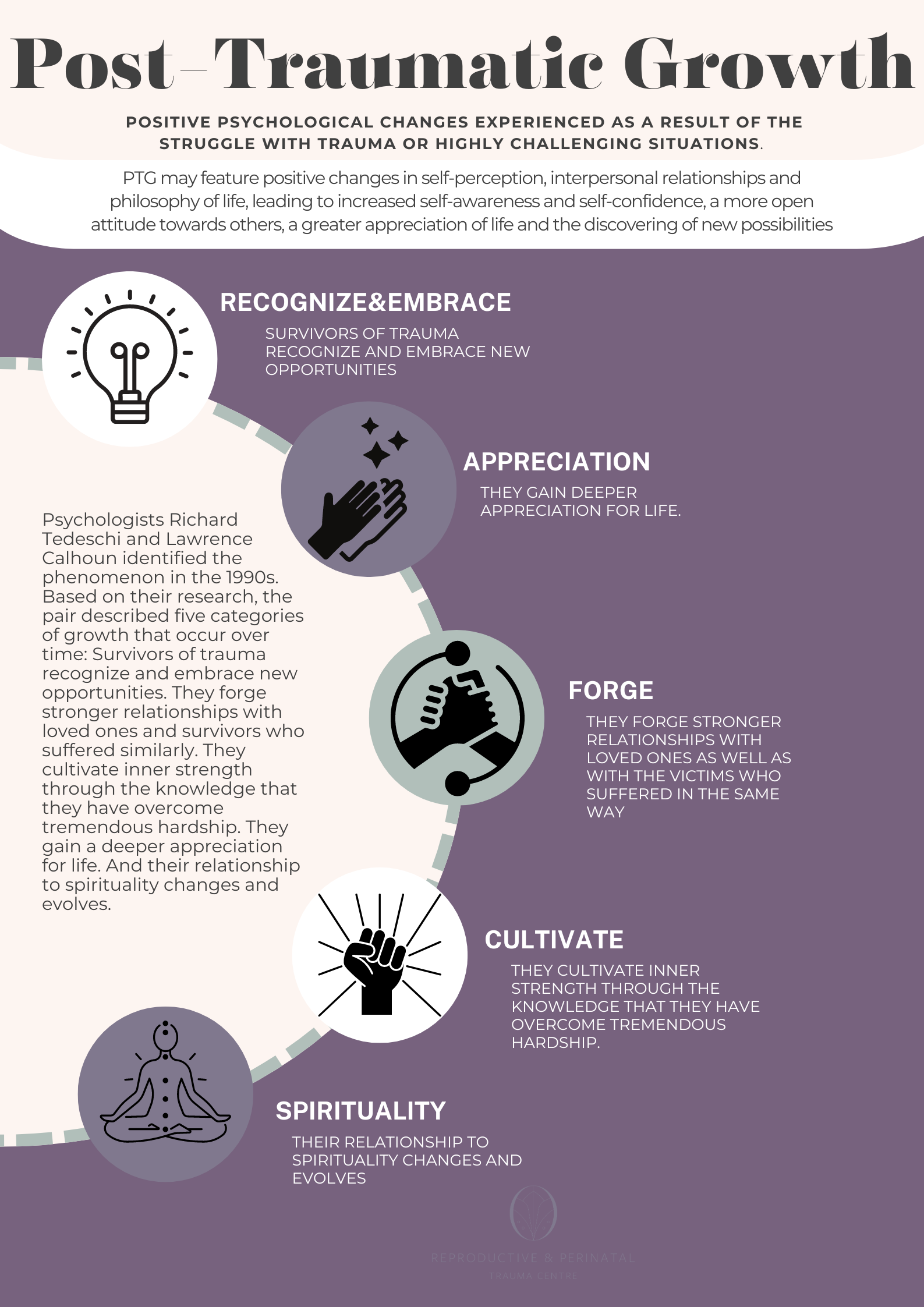Reproductive and Perinatal Resources for Therapy Clients and Providers
Finding evidence-based information on the web can be tricky. We have taken the time to craft handouts on various topics like birth trauma, parenting and endometriosis to name a few. We try to update these regularily so be sure to check back often.
Download the resources below!
LOOKING TO BOOK A SESSION, CLICK LINK BELOW.
LOOKING TO BOOK A SESSION, CLICK LINK BELOW.
Downloadable resources for Perinatal and Reproductive Providers
A space that offers free resources and handouts to professionals in the field as well as clients. Information is power, and the more we know about the areas that we or our clients are struggling with, the more empowered folks can become! Feel free to reach out if you are looking for a specific resource or source of information we are happy help.
Resources created by Therapists specializing in Trauma Support
Mom Brain or Trauma Brain?
A phrase we hear too often is “mom brain,” and when we begin to unpack it for many moms, it turns out that they, in fact, are struggling with PTSD symptoms. Becoming a mom definitely impacts the brain and how we receive and store information, and we need to ensure as providers that we are not chalking it up to “just that” and ask more questions. Let’s get curious!
Trauma Responses
Understanding the types of trauma responses that occur is a great way to grasp better why we reacted the way that we did. Trauma Responses can be viewed as superheroes that swoop in to do their best to help us survive the event.
Post-Traumatic Growth
An area that we do not talk enough about, that seems so far away when we are in the thick of trauma symptoms; Post-Traumatic Growth. More and more research is starting to unfold on this phenomenon that takes place for many people after experiencing a traumatic event. We view it not in the toxic positivity way of “silver lining.” But instead as a deep and challenging process that took a great deal of strength,courage and vulnerability to get to.
Long-Term Impacts of Birth Trauma
Birth trauma is not a singular event, that takes place in one day and is done. Birth trauma is what is often referred to in research as the “ever-widening ripple effect” and has tremendous long-term impacts that affect the entire family.
Health Anxiety
A possible symptom that birth trauma survivors may encounter is health anxiety. This can be connected to their own health and/or their little ones health. This is due to elements of the birth trauma that created a sense of life or death.
Intrusvive Thoughts
70-100% of new parents will experience intrusive thoughts. Intrusve thoughts can be about the baby, about the parent, or about outside external things taking place. They are distressing thoughts that the parent does not want that impact their daily life.






